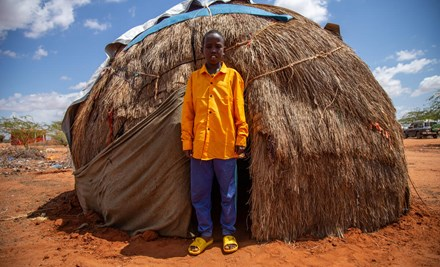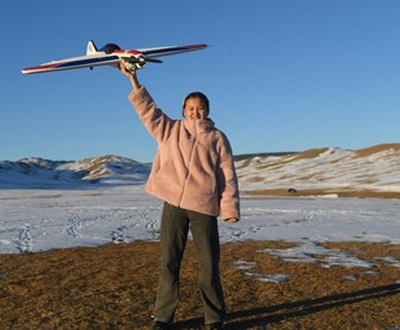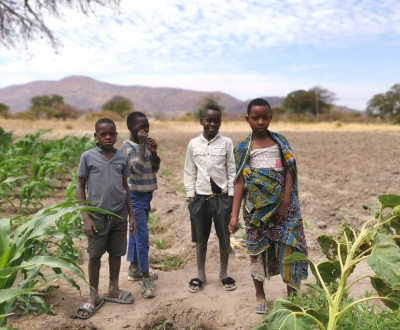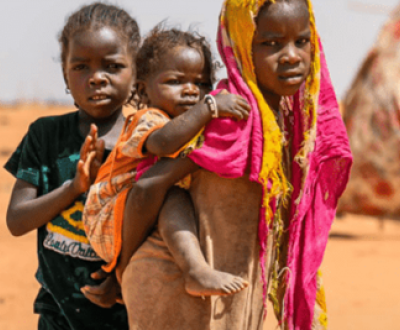A year of violence in Sudan threatens 24 million children with hunger, violence and lack of schooling.
As the conflict in Sudan, reaches its one-year milestone, tens of millions of children and women continue to endure the worst violence imaginable.
Nineteen million children are out of school, most for many months, deprived of the psychological safety that comes from attending class[i]. Millions have been displaced by the conflict that started on April 15, 2023, and are suffering extreme food shortages and a lack of health care. In the midst of their struggle to survive, children have suffered sexual violence, ethnic targeting, abduction, recruitment into armed groups and subjection to terror by men wielding weapons.
According to the UN Committee on the Rights of the Child, some 24 million children in Sudan are at risk of generational catastrophe[ii].
World Vision Ireland CEO, Gillian Barnett warned: "Sudan is currently one of the worst places in the world for a child to live, due to the vast number of boys and girls impacted by the conflict, along with the multiple physical and emotional challenges they face. Children are facing starvation, abuse, and trauma firsthand. Many have fled the violence but struggle to find a place of genuine safety."
Barnett said World Vision is working to alleviate the ordeal faced by children by partnering with UNICEF to run safe spaces for children. These Child Friendly Spaces are places where boys and girls can feel protected and cared for, and where they can recover some sense of normalcy in the midst of chaos.
One space is in Abu Ramad, in the Blue Nile region. Children there have been provided with volleyballs, basketballs, boardgames, art equipment, and skipping ropes. More than 100 girls and boys attend daily.
Mariam, 14, says she attends three times a week to play with friends. She dreams of being an engineer, and hopes to help construct schools and a hospital in her community.
Barnett said displaced women and girls face significant risks from sexual violence while living in temporary shelters, at border crossings, or while on the move to find safety. World Vision helps case manage those who have experienced violence, providing psychosocial services to more than 1,000 women and girls.
And in Blue Nile World Vision is providing livelihood skills training to help women struggling to cope with their new situation find new ways of making money. Soap making, tailoring, and leather crafting are some of the skills they learn. Mother-of-four, Aisha*, said: “Since joining the centre, I’ve been able to create clothing for my children, saving money and contributing to our household income.”
World Vision says much more needs to be done to help the millions endure a crisis that is largely invisible to the world. Actions include:
- Ensuring cross-border access from South Sudan and Chad to reach people in need.
- Massively increasing humanitarian funding for the 18.1 million people who need assistance. As of April 2024, only 5.4% of the US$2.6 billion 2024 Humanitarian Response Plan has been funded[iii].
- A commitment from all sides to reopen schools to help protect children from violence and prevent the generational harm done to children who lack education.
-Ends-
For media inquiries, please contact: press@worldvision.ie



